What the hell is the Internet of Things (IOT)?
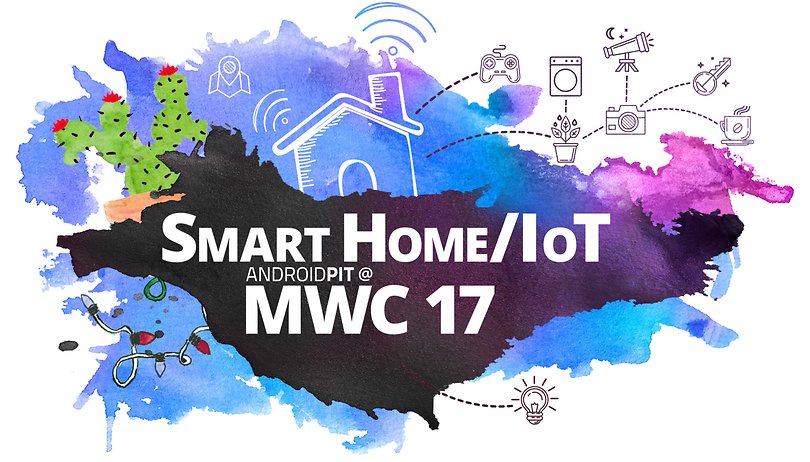

You're probably hearing more and more about the Internet of Things, but...what is it exactly? In this article, we'll introduce you to the basics of IoT, and a bit about what it can be used for.
What is the Internet of Things?
Internet of Things...a bizarre expression that has perplexed people for some time now. The Internet of Things, abbreviated as IoT, is a neologism coined in 1999 by Kevin Ashton, co-founder and previous director of the Auto-ID Center at MIT, which refers to all devices (outside of computers and smartphones) connected to the internet. Whether it's cars, fitness sensors, refrigerators, light bulbs or fixtures and fittings, all of them are connected to the internet and can collect and exchange data through the use of dedicated sensors.
IoT is simply that when the number of things and objects connected to the Internet has surpassed that of people
In short, the Internet of things is the natural evolution of networks, which aims to make the real world smarter via objects that are able to collect additional useful information across the network. Any stand-alone device that can be connected to the internet and remotely controlled may be considered a part of the Internet of Things. Any physical object with an IP that allows two-way communication through a network interface is therefore part of this grand family.
In the words of the Cisco Internet Business Solutions Group, "IoT is simply the point in time when more 'things or objects' were connected to the Internet than people." In 2010, there were - with smartphones, PCs and tablets included - 12.5 billion devices connected to the Internet while the human population was 6.8 billion people. We can then take 2010 as the year IoT was born.
Much more than a new technology: a revolution
Think of the Internet of Things as a parallel universe which continues to grow. According to an international survey (the Global IoT Executive Survey) conducted by BI Intelligence, "there will be a total of 22.5 billion IoT devices in 2021, up from 6.6 billion in 2016." Forecasts because of the different variables taken into account. The CEO of Ericsson Hans Vestburg in 2010 spoke of 50 billion connected devices by 2020, but he has since lowered the bar to 28 billion for 2021. Making predictions isn't easy when it comes to technology. We can say that, in general, the figures recently estimated are around 20 billion connected devices.
The beginning of this revolution seems to be taking off this year, in 2017
Estimates aside, the beginning of this revolution seems to be taking off this year, in 2017. Of course, we are still at an early stage of this process, but the arrival of Google Home and Amazon Alexa, just two examples, are a clear sign of IoT's expansion, as well as the spread of fitness trackers and other similar devices. And if you think this is something that does not concern you, well, you're wrong!
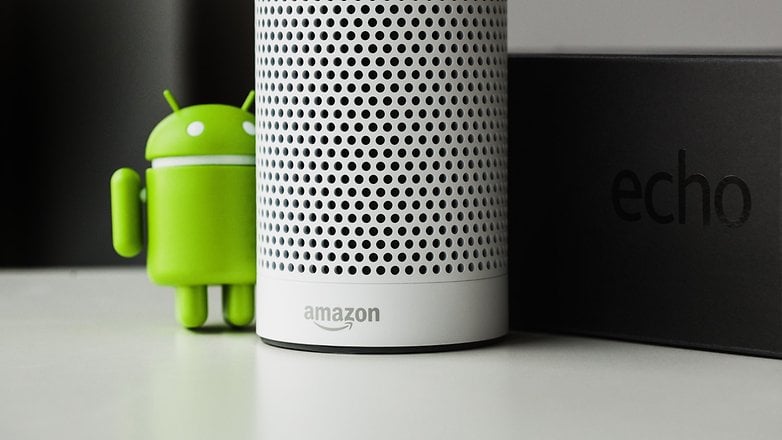
Right now, you might have light bulbs you can turn on and off with your smartphone, fitness trackers that aren't really indispensable, an air conditioner which works on a schedule, but the Internet of Things is much more.
The Internet of things will allow you to better organize your work commitments and your appointments with friends, control your car, avoid traffic to get to the office, or even allow you to work from home. A growing list of companies are investing in IoT: Apple, Google, Amazon, T-Mobile, IBM, FitBit, Microsoft and Garmin, to name a few.
Where can IoT be useful?
Yes, any object connected to the internet can be a part of this magical world, but to understand how everything will come together, we will shed some light on some areas of use which are sure to keep growing.
At home
Digital assistants are making our houses into smart homes. The IoT will monitor our homes remotely, watch over children while they sleep in the next room, turn off the oven as soon as the cake is ready, adjust the lights in the living room depending on our needs and more with simple voice commands.
In the city
Barcelona, home of MWC, is the best example of a Smart City that comes to mind right now. Since 2012, the Catalan capital has begun to use the IoT to manage transportation (it links the digital bus, electric cars, bike sharing, car park management via sensors placed on the asphalt, etc), city lighting (LED lamps that double as WIFi "stations") and the management of green spaces (IoT allows you to control sprinklers). All this was made possible thanks to networking and the extension of fiber optic cables in the city.
While driving
Thanks to the integrated sensors, traffic lights turn green as soon as the road is clear. This is just an example of onw way of using IoT when it comes to cars and driving. Cars will be more independent and better able to ensure safety thanks to more sensors, the constant availability of data and the potential of 5G.
In the gym and outdoors
Smartwatches and fitness trackers, that monitor physical activity and sleep, are probably the best known of such devices at the moment. The new generations of these IoT devices are becoming increasingly smart and allow you to collect more and more data in order to offer the best performance in the gym as well as outdoors by taking into account weather conditions, physical condition and environmental variables. And by "simple" reference points for physical activity, they will become increasingly useful for monitoring health and communicating with specialists and medical centers. Google, for just one example, has been working on a contact lens capable of measuring glucose to make life easier for diabetics.
Conclusions
The Internet of Things will change, or rather, is already beginning to change the world of work and our daily lives. It won't be completely smooth sailing. With the IoT, we will face several challenges, primarily security. Protecting the avalanche of data needed to allow communication between these devices will not be easy, and new standards to protect privacy will be needed, but we'll talk all about that in another upcoming article.
Do you own any IoT devices? Are you looking forward to the world becoming more connected?







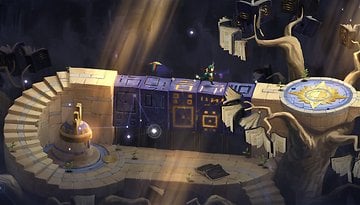
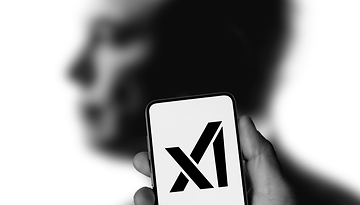
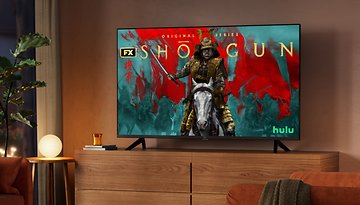
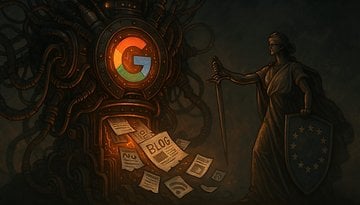
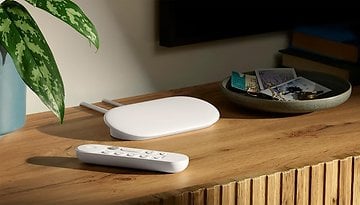
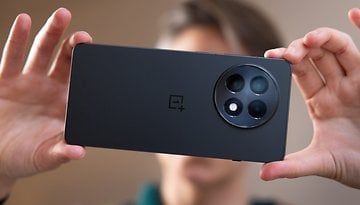
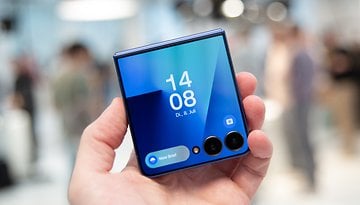


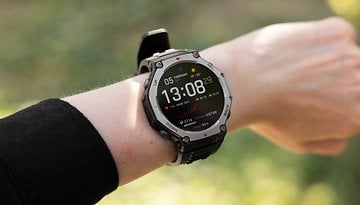



This is a wonderfully explained lucid article about the Internet of Things. The only thing that I think needs to be added is that even with the Internet of Things, our smartphones will be the central hub where we can control and monitor this behemoth. So, in a way, the future widespread acceptance and use of the Internet of Things will further accentuate the central role smartphones have to play in our lives. Like the brain of this whole network for a particular individual.